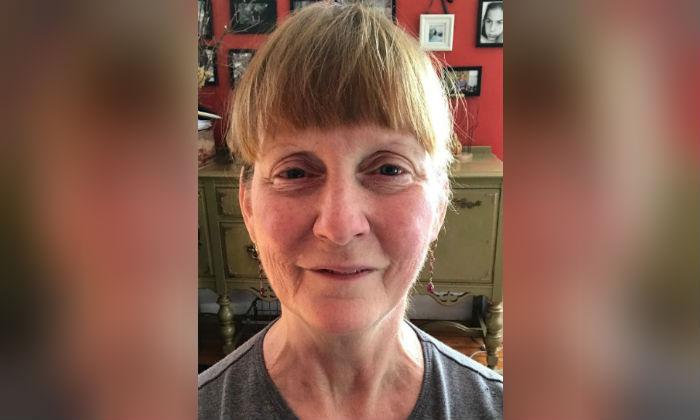A woman is hoping to get back onto the waiting list to have a heart transplant after being denied eligibility by the hospital currently treating her. Spectrum Health in Grand Rapids, Michigan reportedly told Hedda Martin, 60, that she did not have enough money to fund the necessary anti-rejection medications after the surgery and therefore was ineligible.
Martin suffers from congestive heart failure due to a complication from chemotherapy, which was used to treat her aggressive breast cancer in 2005.




